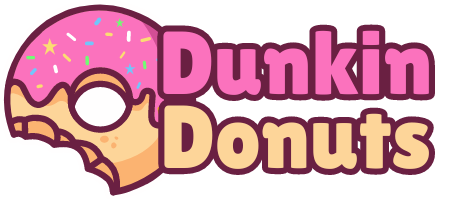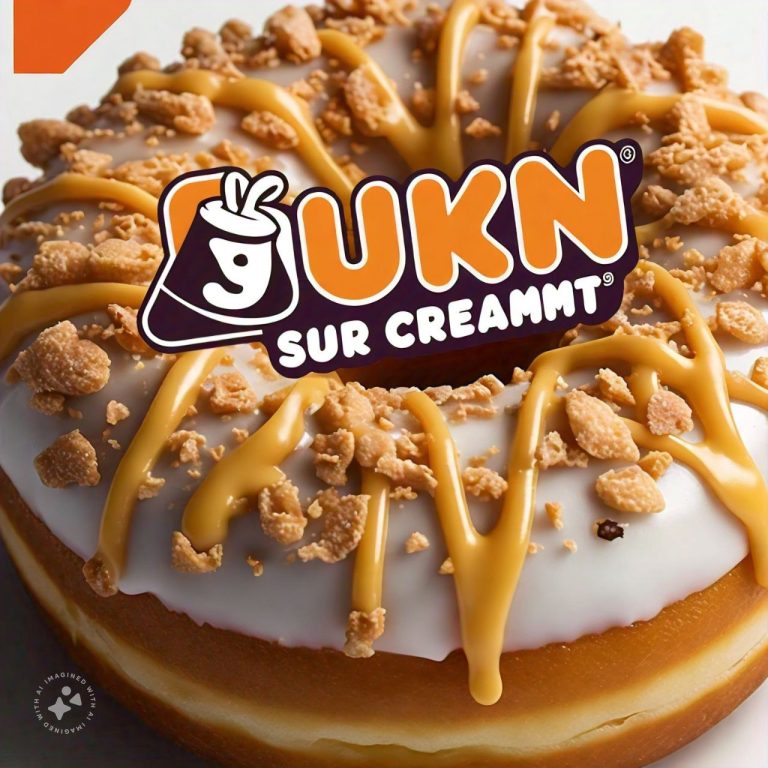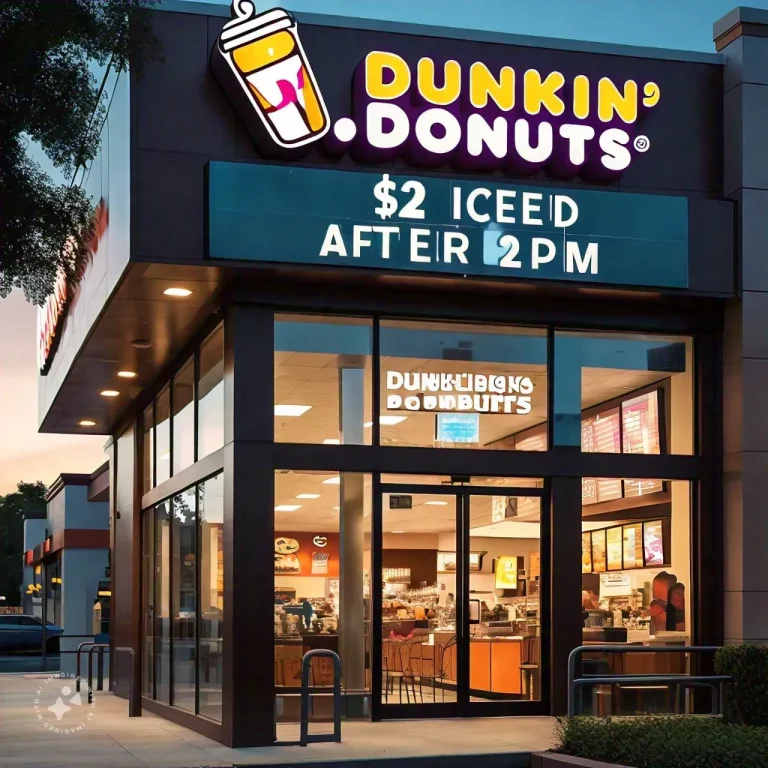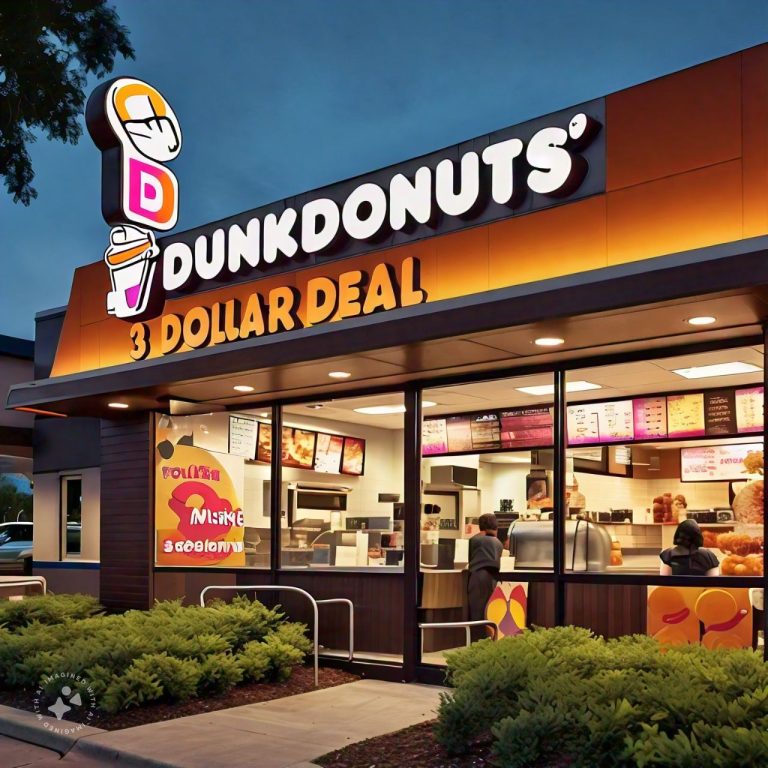The Quiet Role of Funeral Directors in Life’s Final Act
If you’ve ever attended a funeral and marveled at how seamlessly it unfolded—despite the raw emotions in the room—you’ve likely witnessed the invisible hand of a funeral director at work. They are the stage managers of one of life’s most profound and delicate performances: saying goodbye. But while we often see doctors and teachers portrayed as everyday heroes, funeral directors rarely step into the spotlight. And yet, their work shapes how we remember, grieve, and ultimately heal.
The Job Nobody Thinks About—Until They Have To
Most people don’t think about funeral directors until they’re in the middle of loss. When that phone call comes—the one you hoped you’d never get—there’s usually no time to research, compare, or prepare. You turn to someone who can take over the impossible. Funeral directors are that “someone.”
They don’t just book chapels or arrange flowers. They help families navigate a maze of decisions at a time when even making a grocery list feels overwhelming. They handle the paperwork no one wants to think about—death certificates, burial permits, transportation arrangements—while balancing cultural traditions, family dynamics, and the weight of grief in the room.
In a way, they are part counselor, part event planner, part logistics coordinator, and part quiet presence in the corner—making sure the tissues never run out.
More Than Black Suits and Soft Voices
The stereotype of a funeral director is almost cinematic: a somber figure in a dark suit, speaking in hushed tones. While dignity and composure are essential, this image only captures a fraction of the job.
Consider Paul, a funeral director from a small coastal town. On one particularly windy winter morning, the power went out in the funeral home just hours before a service. Paul didn’t panic. Instead, he lit candles, found battery-powered speakers for the chosen music, and personally shoveled snow from the entrance so mourners could walk safely. “A funeral isn’t about perfection,” he told me, “it’s about respect. If the family feels their loved one was honored, I’ve done my job.”
That job can mean anything from calming a sobbing nephew in the parking lot to re-stitching a torn flag for a veteran’s casket minutes before the ceremony begins. The work demands flexibility, empathy, and the ability to adapt under quiet pressure.
Navigators of Cultural and Personal Traditions
Death doesn’t come with a universal script. What’s appropriate in one family might feel alien in another. Funeral directors often serve as cultural translators, ensuring that rituals—whether rooted in religion, heritage, or personal preference—are carried out faithfully.
One director I spoke to recalled arranging a service for a family from Ghana, where funerals are often multi-day celebrations with music, dancing, and elaborate attire. This wasn’t a standard package in her Midwestern town, but she worked tirelessly to bring the vision to life, even sourcing traditional drummers from a city three hours away. “It wasn’t about doing something different,” she said, “it was about doing something right.”
Similarly, they may work with families who want something deeply minimalist—no formal service, just a quiet gathering at home with a few photos and favorite songs. The director’s role is to make sure that vision, however unconventional, is honored.
The Emotional Labor You Don’t See
If you ask funeral directors what the hardest part of their job is, many will mention the services for children. There’s no training manual that makes those days easier. And yet, they show up—steady, compassionate, and prepared to bear some of the emotional weight so the family can carry a little less.
This emotional labor is quiet and constant. It’s the ability to sit with someone in their sorrow without trying to fix it. It’s remembering that while this might be the tenth service you’ve coordinated this month, for this family, it’s the only one—and it’s everything.
Many funeral directors develop coping rituals: long walks after work, a hobby that demands full concentration, or simply talking with colleagues who understand the unique mix of stress and reward the job brings. They know burnout is a real risk, but they also know that their work matters in ways that can’t be measured in hours or paychecks.
A Changing Profession in a Changing World
The funeral profession is evolving, and funeral directors are adapting along with it. Cremation rates have risen sharply in many countries, and more families are seeking personalized or eco-friendly options. Green burials, biodegradable caskets, and memorial services in nontraditional locations are becoming more common.
Funeral directors are also finding themselves as tech coordinators—streaming services for relatives across the globe, managing online guestbooks, and creating digital memorial slideshows. In one case, a director helped a family hold a virtual vigil for a grandfather in Italy who passed away during pandemic restrictions. They mailed candles to each participant, so even across continents, the family could light them together.
The Quiet Rewards
Ask a funeral director why they do what they do, and most will mention a moment when they knew they made a difference. It might be a letter from a family weeks later, saying, “I don’t know how we would have gotten through that day without you.” It might be a simple nod from a mourner who doesn’t have words but whose eyes say, thank you.
It’s not glamorous work. There are no awards shows or magazine covers for funeral directors. But in the quiet spaces between the hardest goodbyes, they create something meaningful—a bridge between loss and memory.
Seeing Them for Who They Are
Funeral directors are not just “people who deal with death.” They are people who deal with life’s final chapter with a rare combination of grace and grit. They know when to speak and when to stay silent. They know how to guide without steering too hard. They are the ones who think of the little things you wouldn’t, because in the middle of grief, you can’t.
If you ever find yourself in a funeral home, take a moment to notice the invisible choreography happening around you. The doors opened at just the right time. The music starts exactly when it should. The flowers are where they’ll be in every photograph. That’s not an accident—that’s someone’s care, skill, and respect in action.
A Different Kind of Hero
We often reserve the word “hero” for those who save lives, but maybe we should also use it for those who help us through the hardest parts of losing one. Funeral directors might not wear capes, but they carry something heavier: the responsibility of safeguarding our last moments with the people we love.
In the end, their work is a reminder that even in death, there is dignity. Even in grief, there can be beauty. And even in the most painful farewells, there is someone quietly making sure we don’t have to walk through them alone.
Read more: After Hours: What Happens When the Service Ends » Dunkin Donuts
Beyond the Frame: How Video Shapes Stories » Dunkin Donuts
Community Support Programs as Mental Health Ecosystems » Dunkin Donuts






